
Child is curious to explore the known and unknown world’s myth. What do we hide? What can we not hide from children? Why could we not hide from our kids? Do we hide the truth? Could we share the truth to avoid a child being a conflict personality? Child is very sensitive. If a mature adult cannot control his desire and passion; then how can we expect same from our child? Generally it is observed that if we do not share some crucial information by considering their age and mental status, they try to discover it on their own way.
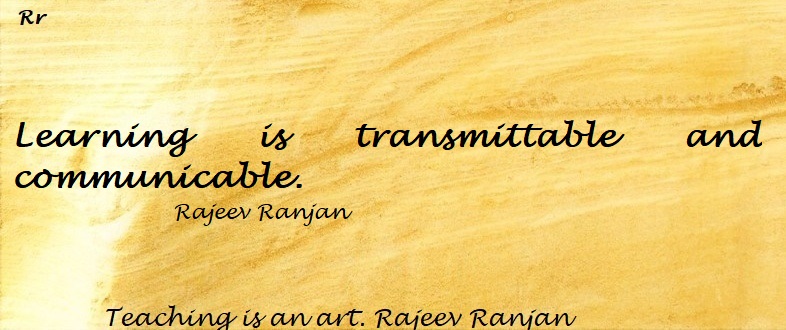
Learning is transmittable and communicable. Child is very active learner. He wants to learn so many things at a time. Relevant knowledge about sexual health and our body is certainly help a kid for living a healthy life. Children need to be protected. Sex is a simple phenomenon. Sex may be devastating physically and mentally traumatic when we have no knowledge about this.
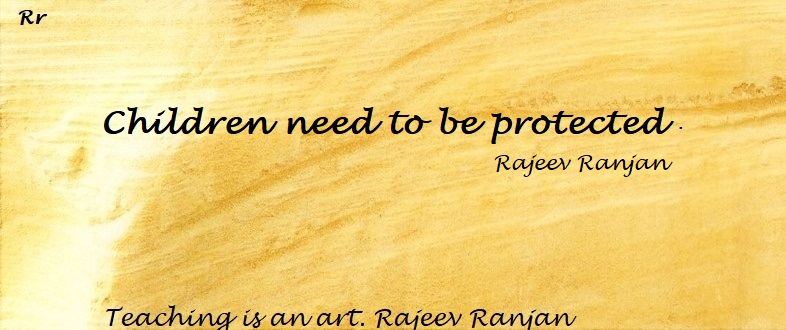
World Health Organization data on puberty, menstruation, reproduction, contraception, pregnancy, abortion, unsafe abortions, homosexuality and premarital sex and sexually transmitted disease awakes and alerts us to consider sex education as demand of time. We think positively about sex education or to keep the mouth shut on behalf of cultural background but situation is alarming on world level.
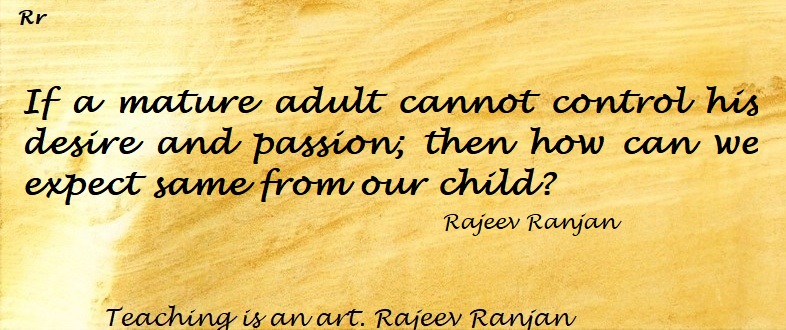
We need to consider and ensure proper sexual health knowledge from a 5 year old child to 18 years young people. UNESCO data on Sexual Health can be worried us. Situation is more or less same in developed and developing countries. I was not amazed to read several statistical data on watching pornography related materials in all over world. More than thousands million viewers (age between 6-18) visits thousands of sexual related websites. Viewers (age between 6-18) from different corners of the world endorsed their involvement in watching videos and indulged in sexual activities which resulted in bad health, premature pregnancy, and sexually transmitted disease due to unprotected and unhygienic sexual activities.
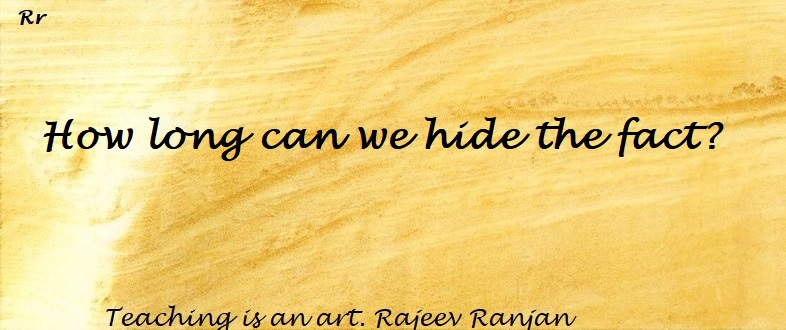
We know the negative effect of unprotected and unhygienic sexual activities due to lack of knowledge of sex as well as lack of sharing and caring within family circle. How long can we hide the fact? How long can we treat sex and sexual health as taboo for the society? There is only one truth that sex is core issue for us right from the evolvement of human society. It is not exaggerated to say that human civilization invented fire at first but human civilization were first felt the need of sex. Sex is such a natural phenomenon but still sex education is one of the most complex issues in 21st century globalized village. Debates are going on whether to provide sex education or not and its negative as well as positive impact on kids as well as society. In fact it is more critical and crucial issue for developing a child as an integrated personality.
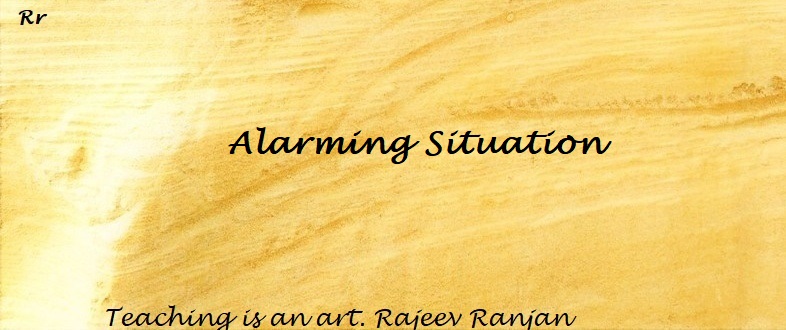
We cannot avoid sex and we cannot stop people to feel intrinsic and natural desire for it and of course, strong charm for sex but certainly we can channelize sexual urge in right direction. Friend, parent and teacher can ignore the question raised by a child (6-17) but World Wide Web (www) welcomes our question and responds quickly with millions and millions of answer within .0001 second. We find an endless world of most extreme images and videos and next second a new story begins in a fraction of second. It would be worth mentioning about a state Bihar where national population council surveyed unmarried young generation (15-19 years) and the data is 14.1 % of unmarried adolescent boys and 6.3 % of unmarried adolescent girls had premarital sex; and of them, 22 % boys and 28.5 % girls had premarital sex before 15 years. Story is big but fact is very simple. Can be sensitize our last decade born generation about sexual health issues? Can we ensure our last decade born generation to receive accurate, authentic and age appropriate information related to sexual health and sexuality?

Integration of sophisticated technology and fast growing world of World Wide Web (WWW) have been equipped young generation (5-17 years) with latest technology to use but major issues to train this group of people “how to use”, “when to use” and “why to use”; considering about these constructive as well as destructive weapons should be the sole concern for educated and intellectual society, otherwise we will develop a torn and conflict personality for next decades. This generation (5-17years) explores world of sex every day. They try to know everything but they pretend to be unknown person. They indulge in it since it is our intrinsic need, which resulted in an unhealthy life, premature pregnancy, unsystematic abortion and carries transmitted disease HIV.

It is high time. We cannot stop using latest and sophisticated technology, exploring sex and sexual world, getting into it but we can surely educate them about “how to use”, “when to use” and “why to use” and “how much to use”. No doubt at all, almost all of us may have faced same dilemma but we have to accept this challenge to educate our kids, to aware our kids and sensitize our kids about the value of word “sex” in a wider perspective. It is essence of life. We can cover, conceal and hide but cannot ignore and avoid it in our life; therefore global citizen needs to develop global perspective and global acceptance for providing “sex education” for the welfare of 21st century young generation. Educated and intellectual society need to go one step ahead and sensitize our young generation (5-17 years) to become a healthy person. What do you think? Lets us think together for shaping a world class integrated citizen!
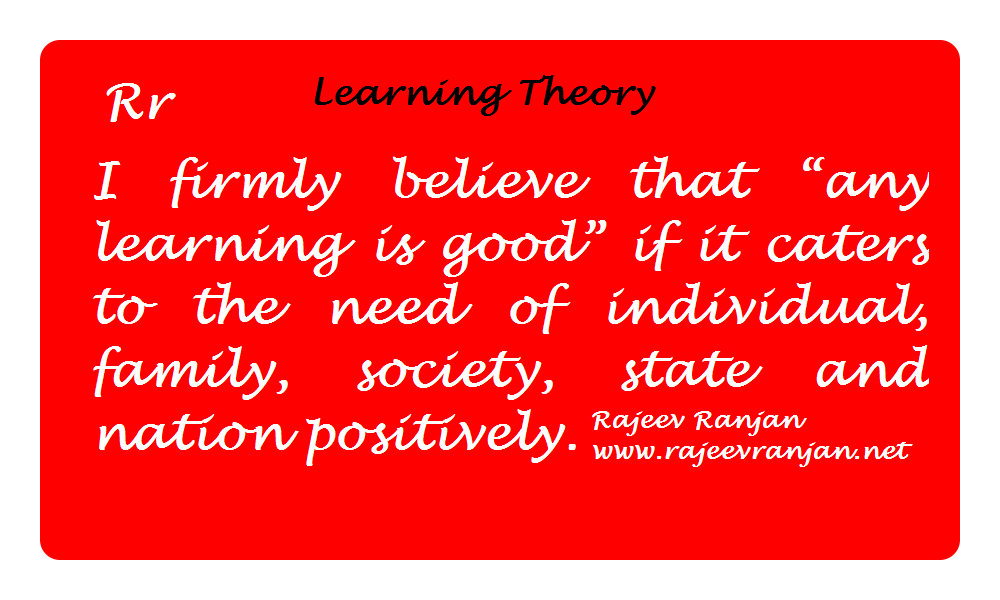
Reference:
Geneva: WHO; 2006. WHO. Defining sexual health.
Geneva: WHO; 2011. WHO. The sexual and reproductive health of younger adolescents research issues in developing countries: Background paper for a consultation.
Geneva: WHO; 2010. World Health Organization. Measuring sexual health: Conceptual and practical considerations.
New Delhi: UNICEF; 2010. [Last accessed on 2015 Sep 05]. Adolescents in India. Desk Review Report of Existing Evidence and Behaviours, Programmes and Policies Report. Available from: http://www.un.org.in/img/uploads/Adolescents_in_India.pdf .
India: Ministry of Women and Child Development, Govt of India; 2007. Study on Child Abuse.


